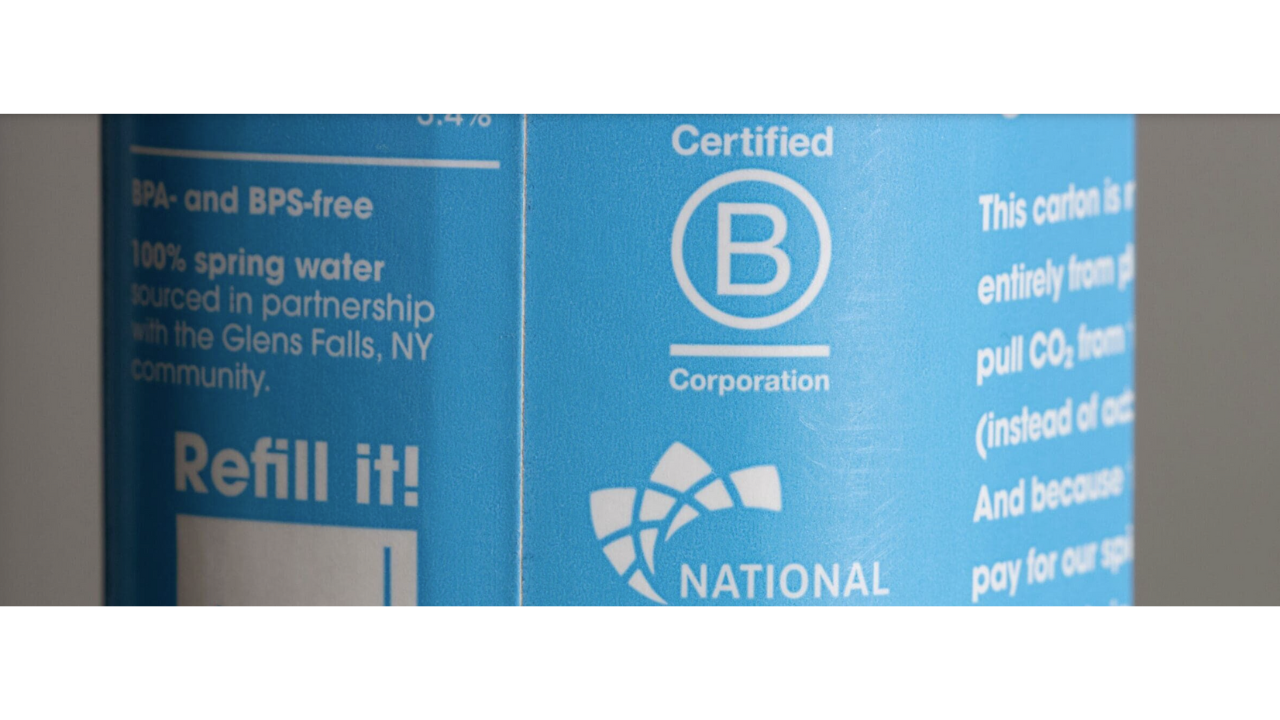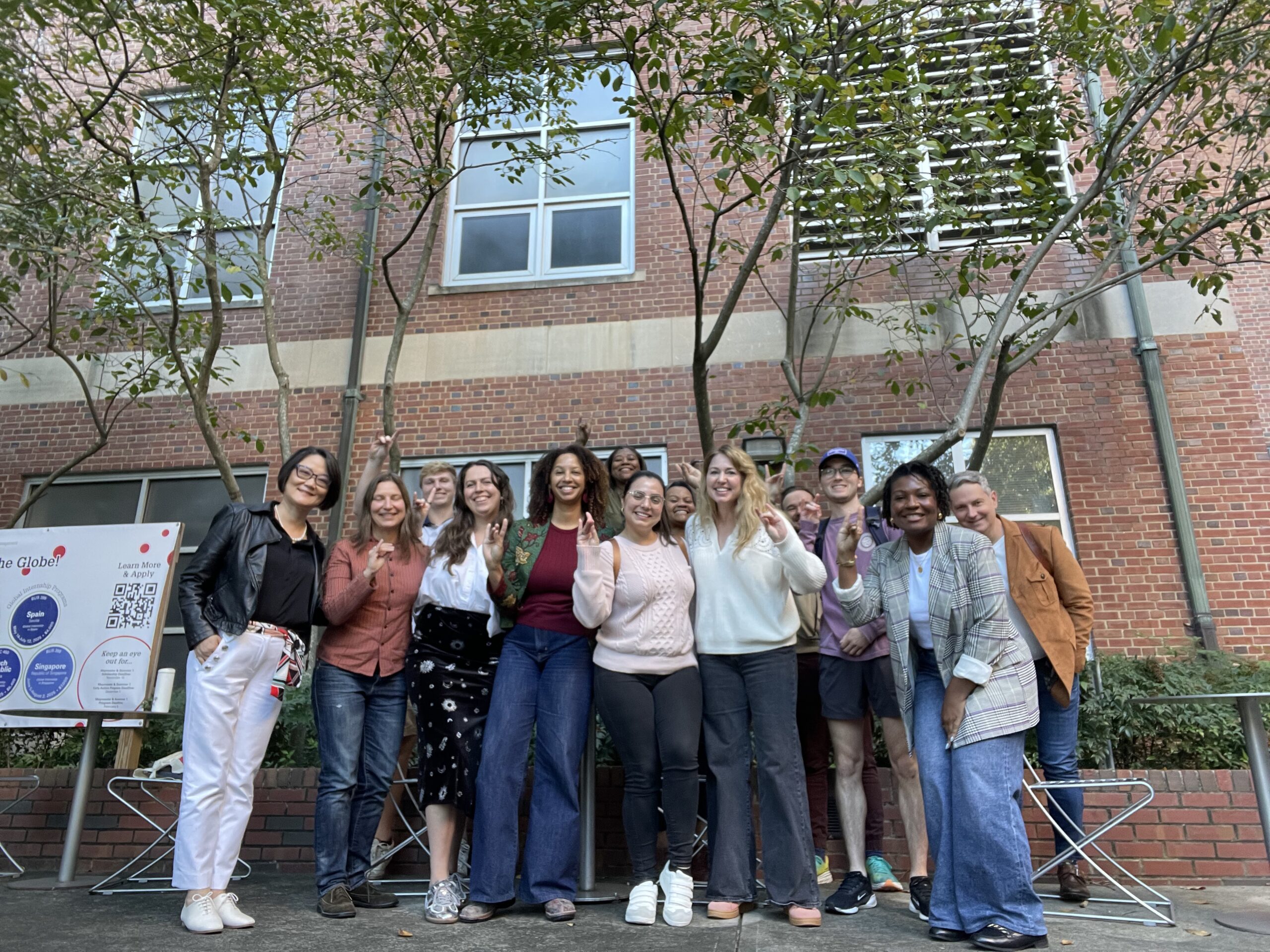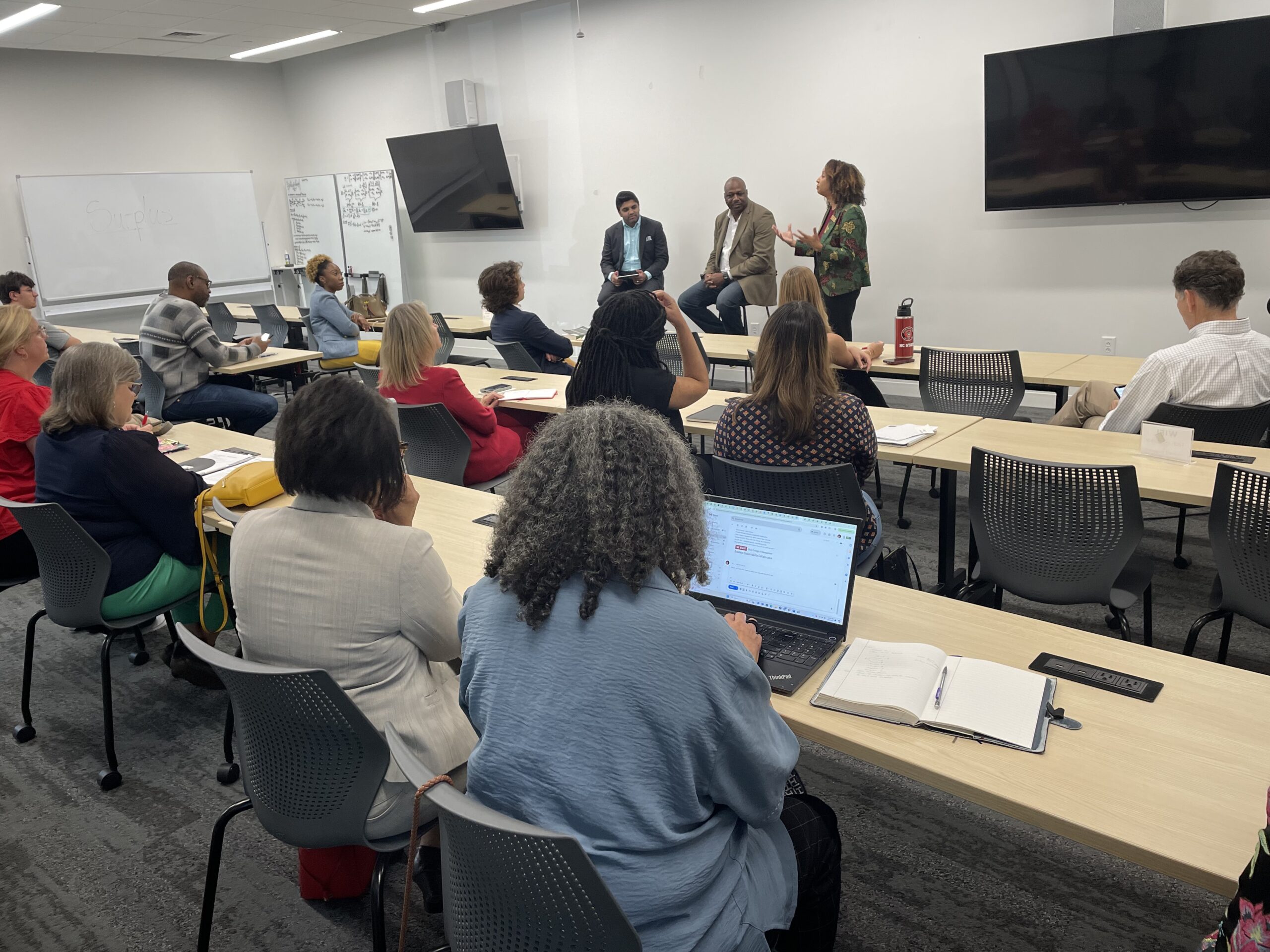NC universities consider biological water treatment facility

Emory University's new WaterHub. Photo courtesy of Sustainable Water.
Representatives from North Carolina State University, Duke and University of Chapel Hill were on hand for the ribbon cutting ceremony at Emory Universities’ WaterHub. The WaterHub uses a variety of biological organisms to clean waste water and reduce the university’s draw on Atlanta’s water supply. The treated waste water is sent to chiller facilities, and is used for flushing toilets. The facility will treat 40% of the water that Emory uses, saving 146 million gallons annually and drastically cutting its municipal water bill.
Emory’s system is the first of its kind in the southeast, but similar facilities have been running for many years in other parts of the country. Oberlin College and University of Vermont both have buildings that feature on-site waste water treatment facilities. The idea for these systems come from Dr. John Todd, the renowned ecological designer who has been working on biologically-based water purification systems for almost half a century.
Todd has travelled all around the world, teaching people how to use a diversity of biological organisms to turn contaminated water into something that can support life, a transformation he coined “the new alchemy.” Todd has designed and built a wide variety of living water purification machines, each fulfilling its own niche. In Maryland, he worked with a Tyson Food slaughterhouse to biologically filter its waste water before it reached a Chesapeake Bay tributary. In Fuzhou, China, Todd helped design and build living canal restorers, turning a nasty raw sewage canal into a community asset. Early studies suggest that the canal will eventually be decontaminated enough to eat fish and medicinal plants grown in the water. Todd’s now working with the city of Burlington Vermont to incorporate his signature eco-machine into an agricultural industrial park.
Emory’s new WaterHub facility doubles as a living laboratory, where students can come and get hands-on experience in water purification projects. The WaterHub includes a reciprocating wetland demonstration unit, which will serve as a research opportunity for The Center for Global Safe Water at Rollins School of Public Health. Faculty and students will be able to use the water hub to see if similar facilities could be effectively used in other municipal or agricultural water treatment projects.
North Carolina has many healthy wetlands that help purify our municipal water supplies, but so far there are no examples of humans mimicking this natural process to clean up our own waste streams. Now that representatives from NCSU, UNC and Duke have witnessed Emory’s WaterHub in action, a similar system will hopefully find its way to a North Carolina campus soon.
- Categories:


